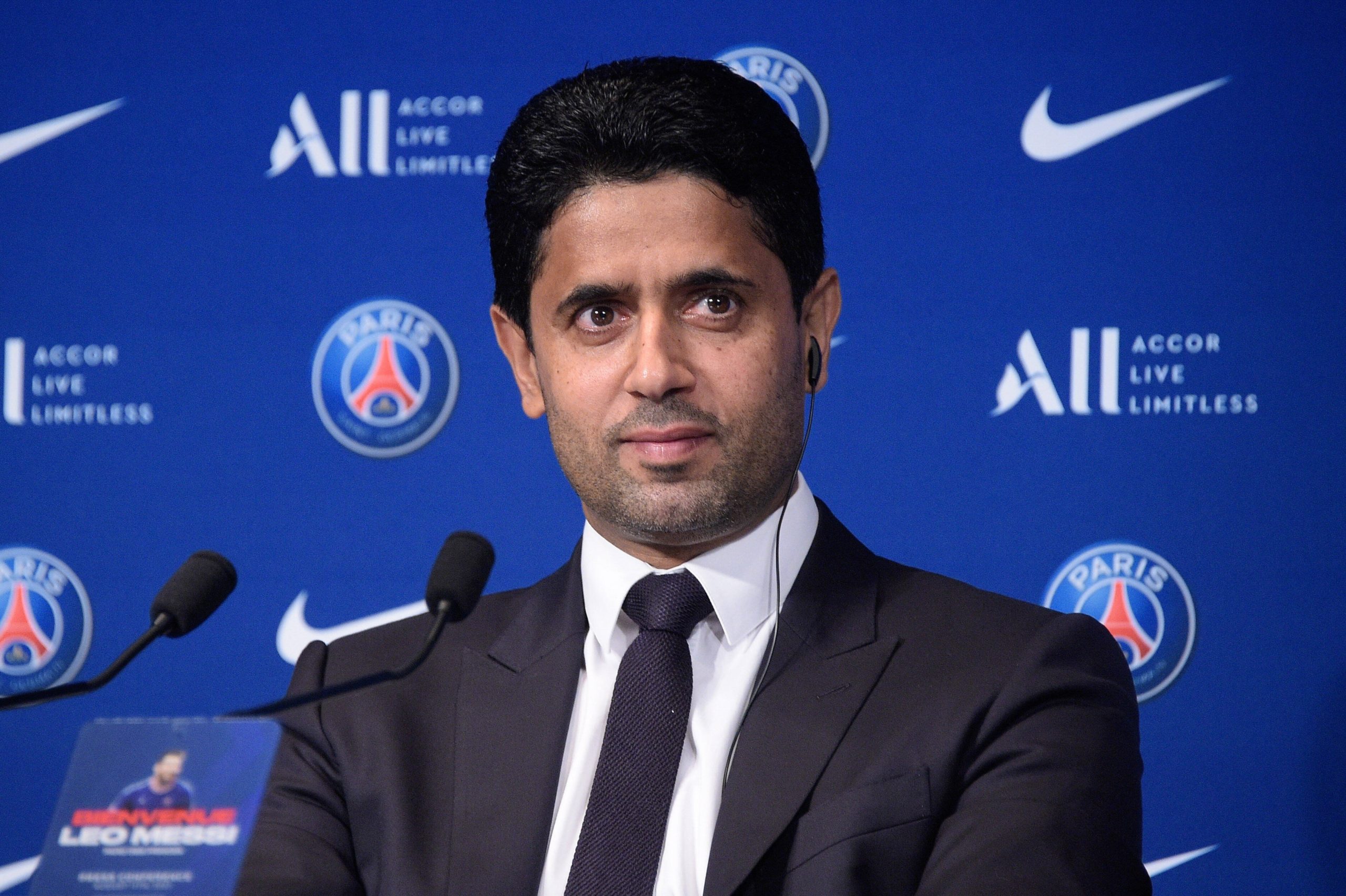RIO DE JANEIRO, BRAZIL – The professionalization of Brazilian soccer and the adoption of different club-company models have opened the doors of the five-time World Cup champion country to the entry of foreign investors, used to working with the sport in Europe and other corners of the world.
Red Bull was a pioneer and came to Brazil even before the approval of the SAFs (Football Limited Company). Now, the one who is crazy about entering the national market is the City Group, owner of Manchester City, and nine other teams spread over four continents.
On the opposite side of these two giants and many other billionaires and groups that intend to buy a club in Brazilian soccer in the next few months is QSI (Qatar Sports Investment).

The fund owning Paris Saint-Germain (PSG), the team where Lionel Messi, Neymar, and Kylian Mbappé play, three of the biggest stars on the field today, has no project in mind for Brazil.
The plan of the Qatari royalty, who manages the French club, has always been and continues to be to concentrate their investments in professional soccer in only one club abroad: PSG.
Unlike the City Group, also owned by a Middle Eastern royal family (Abu Dhabi, United Arab Emirates), which created a structure and hired professionals used to work in the elite of the sport in Europe to diversify their investments, the Qataris never had this concern.
They believe the best way to achieve their goals to link Qatar’s name with the most enjoyable thing in soccer is to turn PSG into the world’s most charming team.
And to improve the chances of achieving this goal, QSI has adopted a policy of complete focus on the Parisian team. The team receives all the resources and attention of the fund run by Nasser Al-Khelaifi, also the club’s president.
Three years ago, the French press even published that the PSG managers could give up this philosophy to buy Roma and have a second team capable of doing well on the European scene. But this rumor never came true, nor was it confirmed by the investment fund.
QSI has existed since 2005 and serves to implement the Qatari government’s international strategies in the sports, leisure, and entertainment sectors. In 2011, it bought PSG and started pouring truckloads of money into the club to try and turn it into a global powerhouse.
Thanks to all this money, the Parisians have made the two most expensive signings in the history of world soccer (Neymar and Mbappé). They have already piled up seven Ligue 1 titles (more than triple what they had won in their entire existence). They have also reached a European Champions League final but were defeated by Bayern Munich.
Of the 12 clubs traditionally called “big” in Brazil, three have already adhered to the club-company model, created SAFs, and sold their soccer departments to investors: Cruzeiro, Vasco, and Botafogo.
Atlético-MG, Grêmio, and Internacional are also studying the possibility of adopting this management model. According to journalist Rodrigo Mattos, Atlético-MG has even talked to the City Group and received an offer that the conglomerate would accept paying up to R$1 billion (US$200 million) for 51% of its shares, giving them control over the administration of the current Brazilian champion and Brazil Cup.

